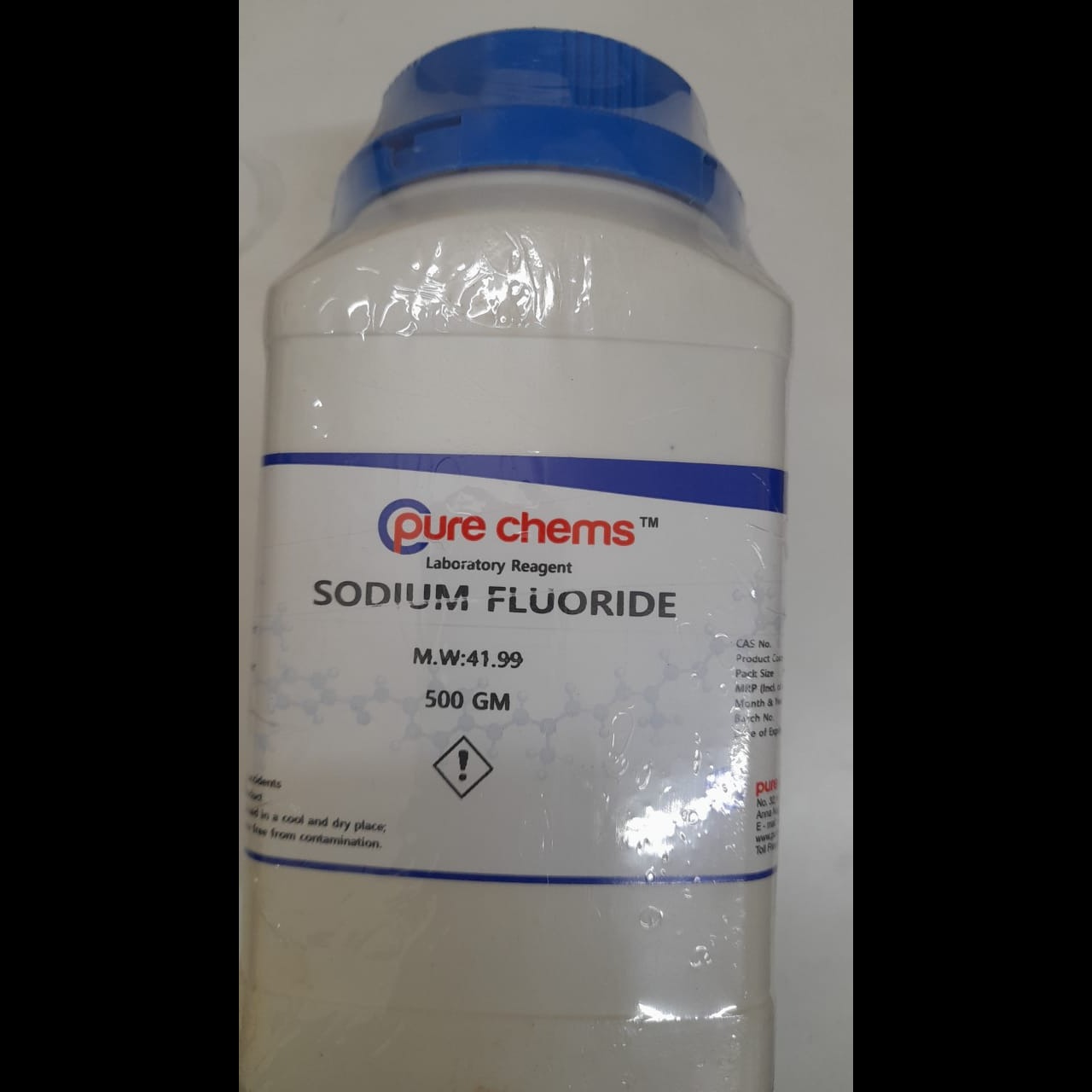
2025-08-19T11:12:48
Sodium fluoride (NaF) is an inorganic salt commonly used in dental products and water fluoridation due to its ability to prevent tooth decay. It is a colorless or white solid, readily soluble in water. While beneficial in small amounts, it's important to be aware of potential side effects associated with higher doses. Uses Dental Health: The primary application of sodium fluoride is in strengthening tooth enamel and preventing dental caries (cavities). It achieves this by transforming hydroxyapatite, the main component of tooth enamel, into fluorapatite, which is more resistant to acid erosion from bacteria. It is a common ingredient in toothpaste, mouthwash, and dental treatments. Water Fluoridation: Sodium fluoride, or related compounds like hexafluorosilicic acid and sodium hexafluorosilicate, are added to public water supplies in controlled amounts to improve community dental health by reducing tooth decay. Pesticides: Historically used as an insecticide and rodenticide, sodium fluoride was later restricted or banned due to the risk of poisoning. Other Industrial Uses: It has applications in manufacturing glass, steel, and aluminum as a fluxing agent and as a wood preservative. Medical Imaging: Fluorine-18 labelled sodium fluoride is a tracer used in positron emission tomography (PET) for skeletal imaging, offering high sensitivity and rapid bone uptake. Health risksWhile beneficial at recommended concentrations, excessive intake of sodium fluoride can lead to health problems. Dental Fluorosis: The most common effect of overuse in children during tooth development, resulting in white spots or streaks on the teeth. Acute Fluoride Toxicity: Ingestion of large doses can cause gastrointestinal discomfort (nausea, vomiting, diarrhea), abdominal pain, seizures, and in severe cases, even death. Skeletal Fluorosis: Long-term exposure to high levels can lead to a more severe condition affecting bones and joints, causing pain, stiffness, and increased fracture risk. Kidney Problems: Individuals with impaired kidney function are more susceptible to adverse effects as the kidneys play a vital role in filtering fluoride. Important Note: It is essential to use sodium fluoride products as directed by a healthcare professional and adhere to recommended guidelines to maximize benefits and minimize risks.

Have a question? Ask here!
Required fields are marked *